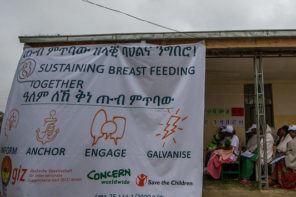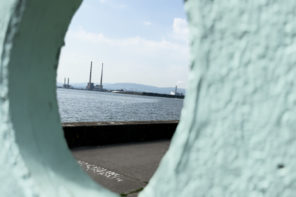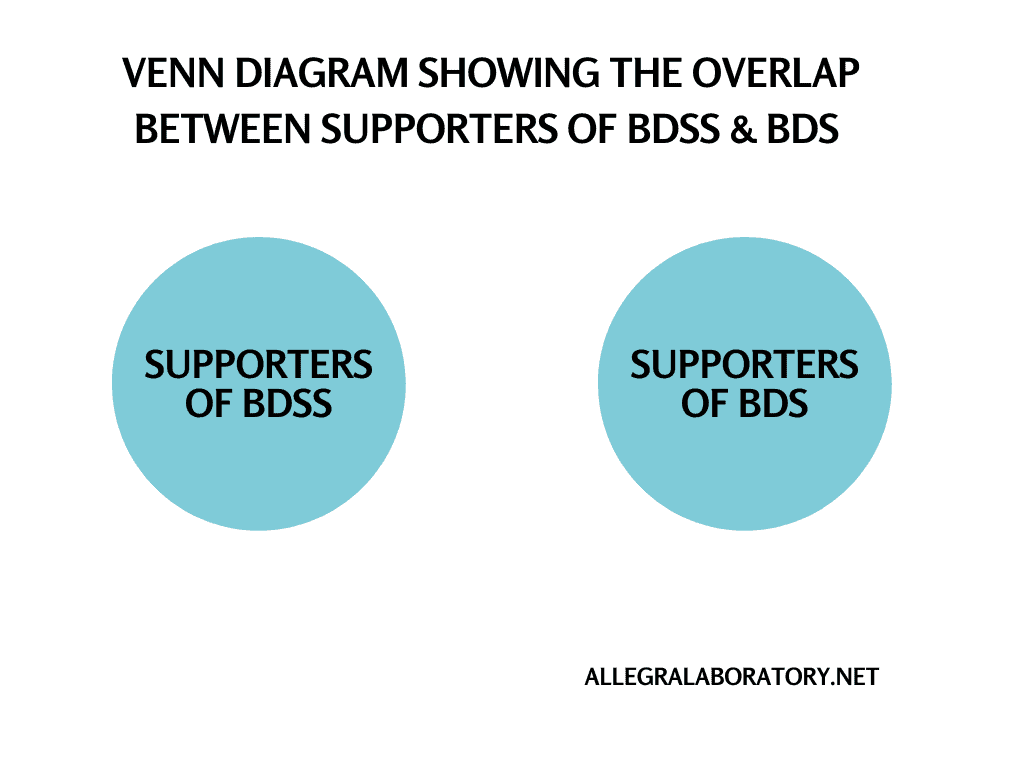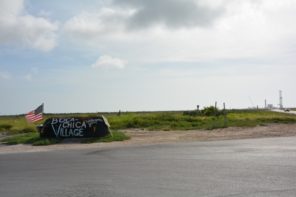Did you hear the one about the sperm and the consultant? No? How about ‘why did the UFO cross the road’? (Was it too meet a spaceship? Because she was hungry?) Well, (bad) jokes aside, you can hear about all of these in our latest round up of podcasts courtesy, as always, of our dear friends at New Books in Anthropology.
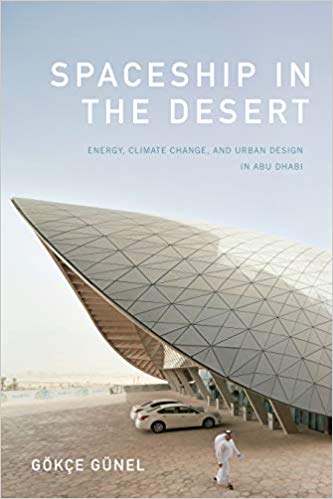
by Gökçe Günel
(Duke University Press, 2019)
Whether in space colonies or through geo-engineering, the looming disaster of climate change inspires no shortage of techno-utopian visions of human survival. Most of such hypotheses remain science fiction, but in Spaceship in the Desert: Energy, Climate Change, and Urban Design in Abu Dhabi (Duke University Press, 2019), Gökçe Günel explores the United Arab Emirates’s planned Masdar City, an experimental attempt at designing an emissions-free society. The first parts of Masdar City opened beside the Abu Dhabi airport in 2010 as an oil-wealth funded initiative to establish the UAE as a leader in the renewable energy sector and to begin to prepare the emirates for a low or post-oil economy. Masdar attracted students and researchers from around the world to test, and be test subjects, for innovations including personal rapid transit, energy currencies, carbon capture and storage, and closed-loop resource circuits. Quickly, however, the master plan was abandoned as unworkable; but Masdar City has also not been a failure. Rather, Günel explores the interconnected social, technical, and political ramifications and adaptations involved in this attempt to design a potential fossil fuel-free future. She shrewdly criticizes the limitations of climate change strategies intended to protect the political economic status quo. Yet also, through deep ethnographic fieldwork with participants, Günel demonstrates the valuable role of anthropological insight in social and technological adaptations to a changing climate.
Interview by Lance C. Thurner
Listen here!
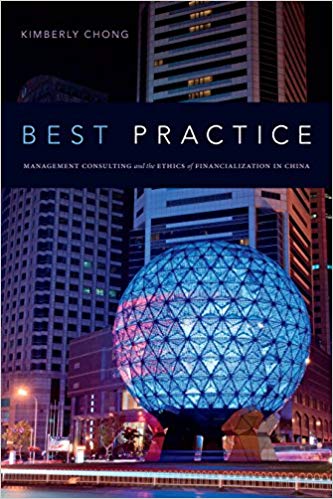
by Kimberly Chong
(Duke University Press 2018)
What do management consultants do, and how do they do it? These two deceptively simple questions are at the centre of Best Practice: Management Consulting and the Ethics of Financialization in China (Duke University Press, 2018), the new book by Kimberly Chong, a lecturer in anthropology at University College London. The book uses an in depth and immersive ethnography of a global management consulting firm to explore the rise of management consultancy in China, engaging with key issues- financialization and commensuration- that are at the heart of understanding contemporary global capitalism. The book is rich with fascinating, and at times hilarious, examples of the contradictions and ambivalences, along with successes, of management consulting systems adapted to and applied in China. It will be essential reading across the social sciences and area studies, as well as for anyone interested in our globalised economy.
Interview by Dave O’Brien
Listen here!
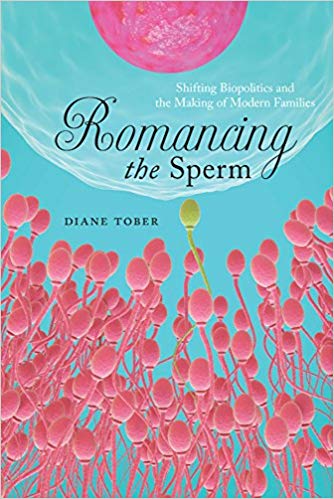
by Diane Tober
(Rutgers University Press 2018)
The development of a whole suite of new reproductive technologies in recent decades has contributed to broad cultural conversations and controversies over the meaning of family in the United States. In Romancing the Sperm: Shifting Biopolitics and the Making of Modern Families (Rutgers University Press, 2018), Diane Tober analyzes how sperm donation fits into this larger landscape of reproductive choices, politics, and policies. Drawing on a rich body of interviews conducted in the 1990’s with people who worked at sperm banks, people who donated sperm, and people who sought to become pregnant by using donated sperm, she illuminates the many motivations that lead people to become involved in alternative processes of family formation. She also demonstrates that a certain kind of “romance” – that is, the imaginative creation of a romantic ideal – can still permeate people’s ideas and experiences of creating children with donor sperm, despite the medicalization of the process. This book will be useful not only for those who are interested in medical anthropology and the anthropology of reproduction, but also anyone who wants to rethink traditional notions of family formation.
Interview by Dannah Dennis
Listen here!
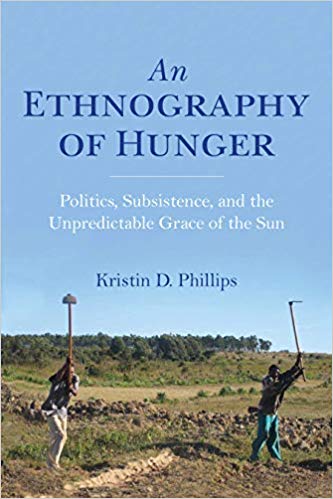
by Kristin D. Phillips
(Indiana University Press 2018)
Families in parts of rural Tanzania regularly face periods when they cut back on their meals because their own food stocks are running short and they cannot afford to buy food. Kristin D. Phillips‘ new book An Ethnography of Hunger: Politics, Subsistence, and the Unpredictable Grace of the Sun (Indiana University Press, 2018) provides a deeply empathetic portrait of rural life in Singida, in central Tanzania. Her study is both a memoir of rural life during a food shortage and a deeply insightful analysis of how subsistence farming and the ongoing threat of hunger structures relationships and politics. Phillips engages the work of prominent analysts of hunger and politics like James Scott, Amartya Sen, and James Ferguson, engaging their insights but also expanding upon them with her recognition of how people build and maintain relationships that protect them as they live in constant vulnerability or precarity. Her study illustrates how this precarity influences people’s participation in Tanzania’s society by making claims on somewhat impersonal rights as citizens, as opposed to more intimate relations of patronage.
Interview by Paul Bjerk
Listen here!
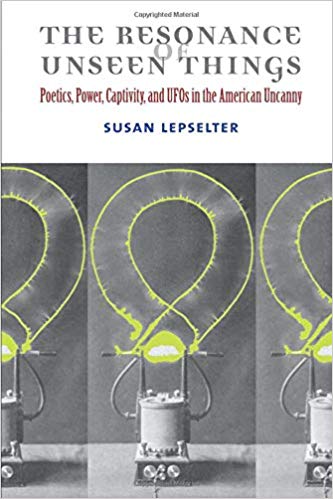
by Susan Lepselter
(University of Michigan Press 2016)
When we talk about stories of alien abduction in the United States, we often do so through a framework of belief vs. disbelief. Do I think this story is true, or do I think it’s false? Anthropologist Susan Lepselter asks what happens when we instead listen to “UFO talk” ethnographically, understanding it as a form of vernacular American poetics that must be made sense of within specific cultural and political contexts. In The Resonance of Unseen Things: Poetics, Power, Captivity, and UFOs in the American Uncanny (University of Michigan Press, 2016), Lepselter draws on years of interviews with “experiencers,” those who tell of being abducted by aliens, and participant-observation at an experiencers support group in a southern US city. Her wide-ranging book considers abduction stories in relation to other narrative forms—captivity narratives, conspiracy theories, frontier tales—offering new and shifting frameworks for making sense of the weird, uncanny, random, and real.
Interview by Carrie Lane
Listen here!





